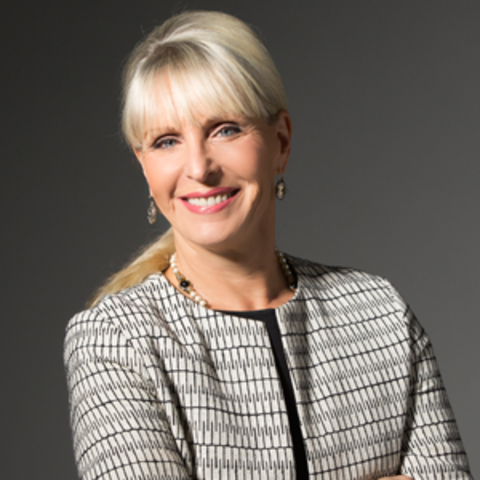
Section Branding
Header Content
Can You Trust That Millennial You Work With?
Primary Content

It’s an eye-opening statistic. A recent survey by the marketing group, DDB, found that Millennials (those defined as between 19 and 36 years of age) in the workplace are five times more likely than Baby Boomers to lie or take credit for someone else’s work to get ahead.
Members of Gen Y or Millennials as they’re called, have often been described, wrongly or rightly, as over-indulged, lazy and entitled. On the up side, they are social, confident and free-thinking. But ruthless and ethically challenged? Where did that come from?
Explanations are many, but it starts with parents.
Listen to a discussion with generational expert, Dr. Tim Elmore below:
Dr. Tim Elmore of Atlanta-based Growing Leaders is an expert on the inter-generational workplace. His research surveying 17,000 high school students in Georgia bears out the results of the DDB survey. He believes parental pressure on children to succeed has often resulted in pragmatism trumping principle. “It’s a ‘do whatever I have to do to get ahead’ mentality,” says Dr. Elmore. “For example, 75 percent of students in the U.S. admit to cheating to get into college. That’s the kind of pressure we’re talking about.”
Dr. Elmore also believes social media has contributed to a new “Me Generation” where platform building is used to promote one’s “best” self to get ahead, even at the expense of friends and co-workers.
Perhaps, more concerning, Millennials tend to be selective or ambiguous about what is morally right or wrong. “Some young people think cheating is only wrong if you get caught,” Dr. Elmore says. “Others think as long as there is no harm done than how can cheating be wrong?”
Of course, we’re not painting an entire generation with this brush and there are many Millennials who have been instilled with a strong sense of right and wrong. But remember this is a generation that has grown up through the 9/11 terrorist attack, a recession bordering on a depression, joblessness, student debt and a gridlocked and ethically challenged political system. And they’re barely out of their teens. Millennial trust in corporate executives, politicians, bankers and media types is far lower than previous generations. Gen Xers and Boomers have not always provided the best role models.
But Dr. Elmore is optimistic about most Millennials finding their moral compass. And he suggests companies focus on the positives this generation brings to the workplace. Seek out their strengths, he advises, and channel them to the good of the organization. Capitalize on those strengths with a guiding hand and Millennials will find satisfaction and success can come without the cutthroat mentality.
It’s an eye-opening stati





